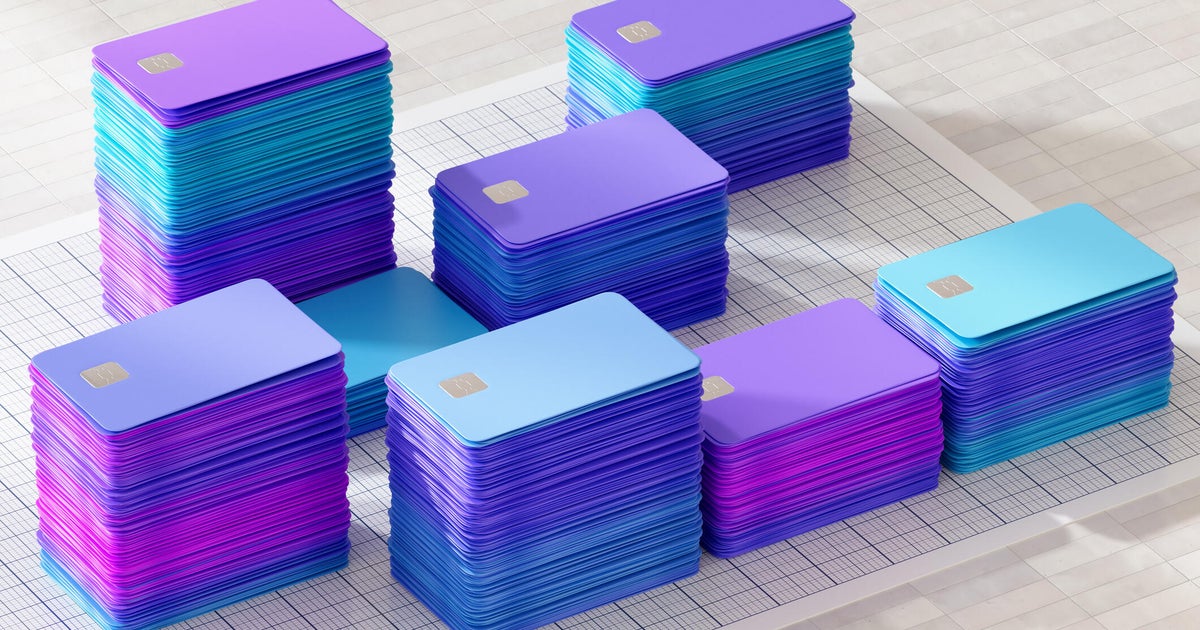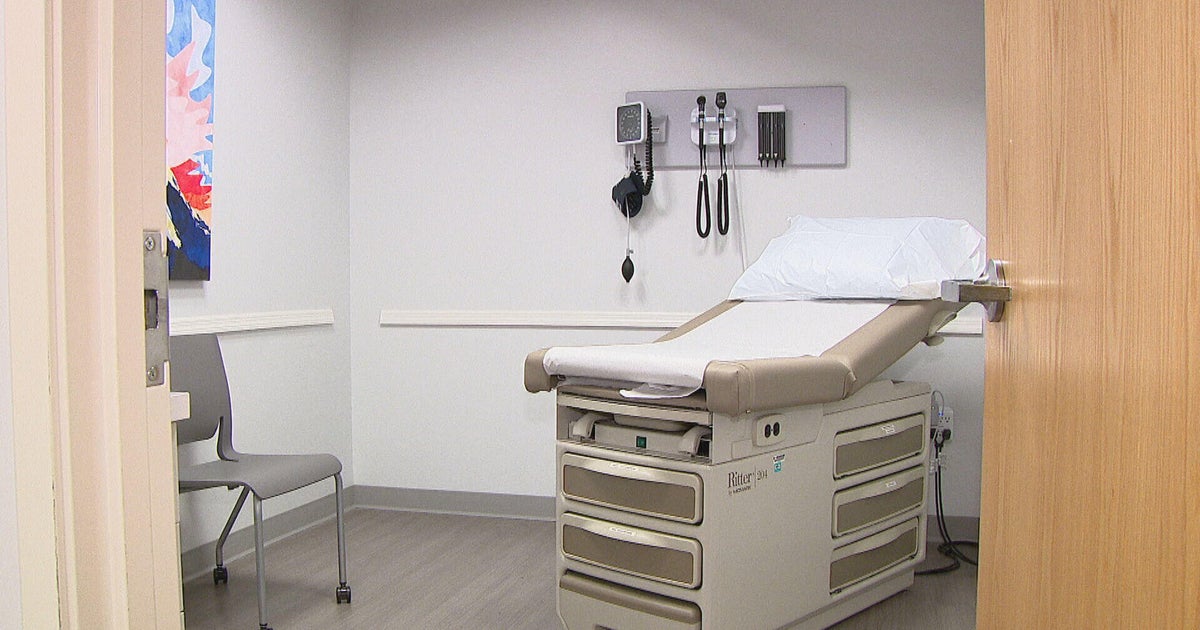When should you consider credit card debt forgiveness?
Allowing your credit card debt to compound is rarely a good idea, but it's an especially risky proposition right now. With the average credit card rate closing in on 23% currently, even a small balance is at risk of becoming an insurmountable debt over time. Most cardholders aren't carrying a small balance right now, either. The average cardholder currently has over $7,900 in credit card debt, and at today's rates, the interest charges alone could make it tough to keep up with the payments.
Today's high rates aren't the only issue, either. While inflation has been cooling over the last four months, the current higher costs of essentials like food, housing and healthcare are eroding consumers' purchasing power. In turn, many people are stuck relying on their credit cards as they look for ways to bridge the gap between their income and expenses. This cycle of increasing debt and decreasing financial flexibility has led many cash-strapped cardholders to search for solutions to their growing credit card debt.
One option is credit card debt forgiveness, also known as debt settlement. This type of debt relief involves negotiating with creditors to settle outstanding balances for less than the full amount owed. But while debt forgiveness can provide much-needed relief, it's not a one-size-fits-all solution. There are times when it makes sense to consider it — and times when an alternative debt relief option could work better.
Find the right solution to your high-rate credit card debt today.
When should you consider credit card debt forgiveness?
Here are a few times when you may want to consider whether credit card debt forgiveness makes sense for your needs:
When you're facing a financial crisis or hardship
If you've experienced a significant life event that has drastically reduced your income or increased your expenses, such as job loss, divorce or a major medical emergency, enrolling in a debt forgiveness program may be a viable option. These types of situations can make it impossible to keep up with your regular payments and creditors may be more willing to negotiate a settlement if the alternative means receiving nothing at all.
Learn what debt relief options are available to you here.
When your debt has become unmanageable
If your credit card balances have grown to the point where you're unable to make progress on paying down the principal, even while making regular payments, it may be time to consider debt forgiveness. This is especially true if you're only able to afford minimum payments, as the bulk of your payment goes toward interest charges rather than reducing the balance.
When your debt-to-income ratio is exceptionally high
If your total credit card debt exceeds 50% of your annual income, you may be a good candidate for debt forgiveness. A high debt-to-income ratio often indicates that you're unlikely to repay the full amount within a reasonable timeframe using traditional methods. In such cases, creditors might be more willing to negotiate a settlement, as they recognize the increased risk of default or bankruptcy.
When the long-term benefits outweigh the short-term consequences
Debt forgiveness can have serious negative consequences, including damage to your credit score and potential tax implications. However, if you're facing a mountain of debt that you have no realistic hope of repaying in full, the long-term financial relief provided by debt forgiveness may outweigh these short-term drawbacks.
When other debt relief options have been exhausted
Before turning to debt settlement, it's crucial to explore and exhaust other options first. In some cases, less drastic measures like balance transfer cards, debt consolidation or hardship programs might resolve your debt issues without having a severe impact on your credit score. Considering your other debt relief options also shows creditors that you're making a genuine effort to repay your debts, which can be beneficial if you eventually need to negotiate a settlement.
What to know about credit card debt forgiveness
The main advantage of pursuing debt forgiveness is the potential for significant debt reduction. In successful negotiations, creditors may agree to forgive 30% to 50% or more of the original balance. This can make it possible to resolve the debt in a matter of months or a few years, compared to the decades it might otherwise take to pay off large balances.
However, debt settlement can have a negative impact on your credit score, as you temporarily stop payments to save for settlements, and the accounts settled for less than the full amount are typically reported as "settled" on your credit report. This can remain on your credit report for up to seven years.
There are also tax consequences to consider, as the IRS generally considers forgiven debt as taxable income. Debt settlement is not guaranteed to be successful, either. Some creditors may refuse to negotiate or may only agree to minimal reductions in the debt owed.
The bottom line
Credit card debt forgiveness can be a powerful tool for those struggling with insurmountable debt, but it's not the right choice for everyone. This debt relief solution has its benefits and its downsides, so it's important to understand when it may and may not make sense to pursue. To do that, be sure to carefully evaluate your situation and consider all available options. That way, you can make an informed decision about whether debt settlement is the right path forward for you.




